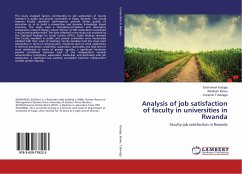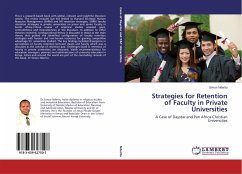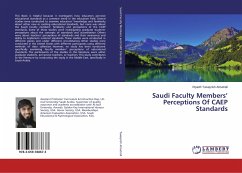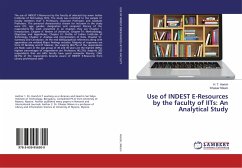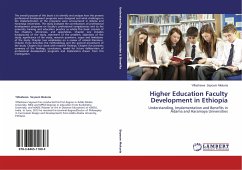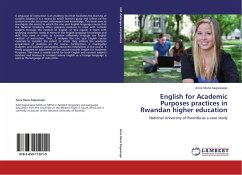This study analyzed factors contributing to job satisfaction of faculty members in public and private universities in Kigali, Rwanda. This would improve faculty members' performance; provide better quality of education so as to build a competitive and dynamic knowledge based economy. The study used a descriptive-correlation and descriptive comparative research design, where 169 out of 300 respondents completed a structured questionnaire. The data collected in the study was analyzed by the Statistical Package for Social Science (SPSS). Study findings revealed that faculty members in public and private universities were moderately satisfied with their work of teaching; faculty members had low level work satisfaction in terms of remuneration, moderate level of work satisfaction in terms of promotion, leadership, supervision, spirituality and high level of work satisfaction in terms of gender equality; a significant moderate positive correlation between each of the independent variable remuneration, promotion, supervision, leadership, and spirituality with job satisfaction; a significant low positive correlation between independent variable gender equality .
Bitte wählen Sie Ihr Anliegen aus.
Rechnungen
Retourenschein anfordern
Bestellstatus
Storno

